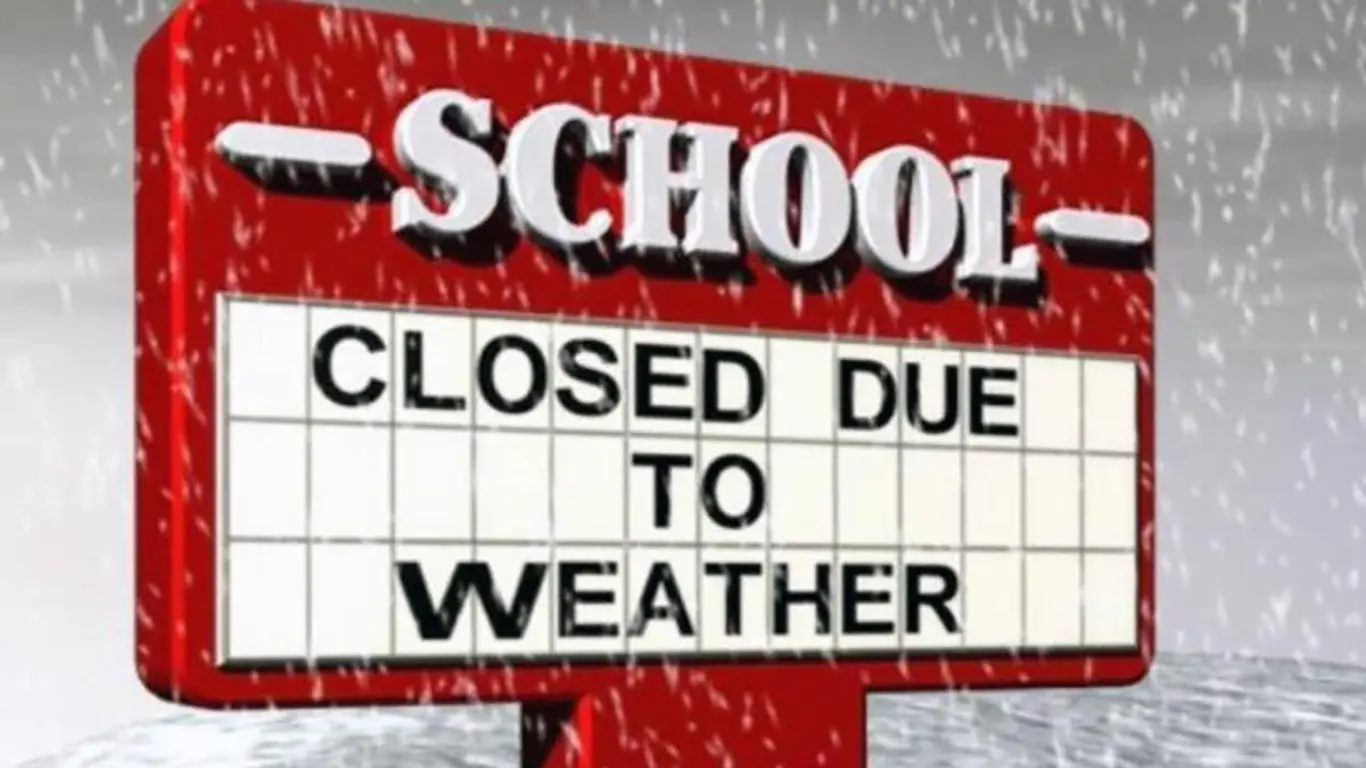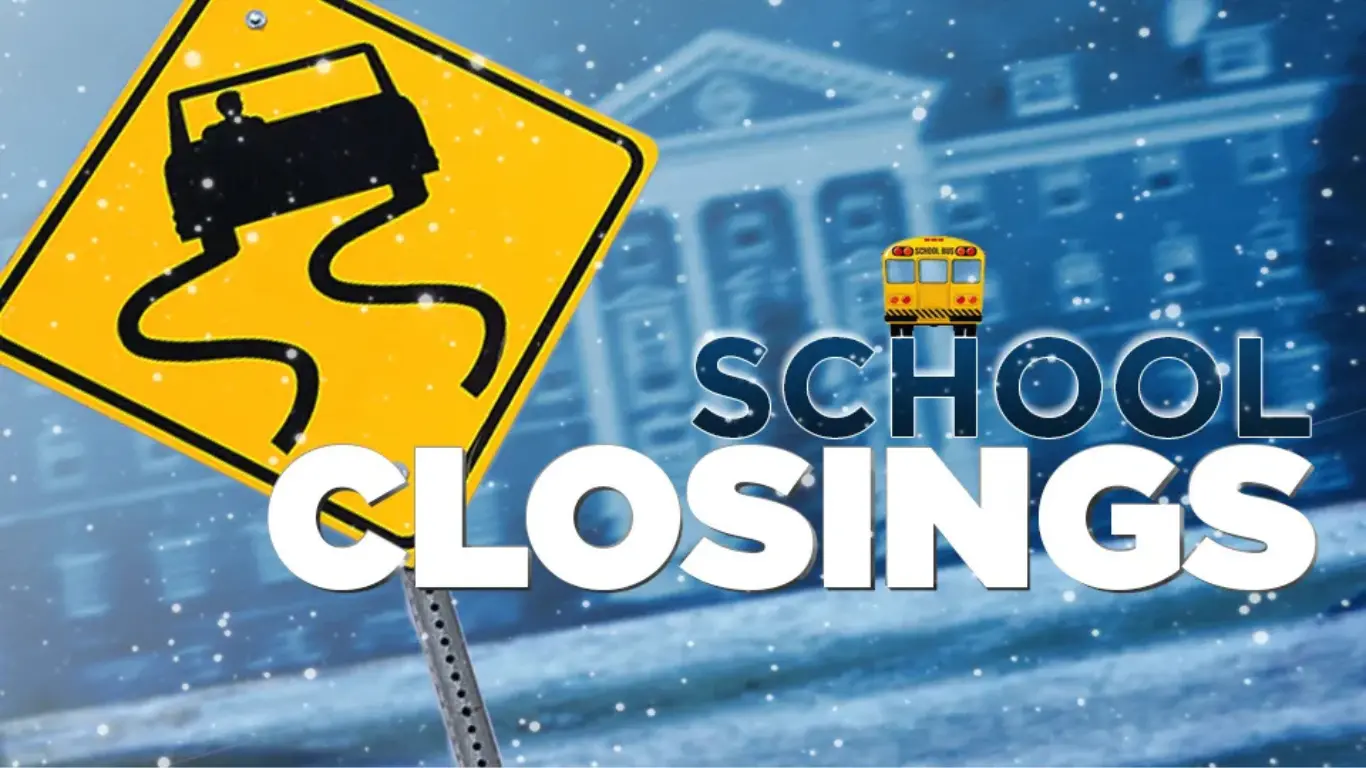Understanding School Closings and What They Mean for Students
School closings happen for various reasons. The most common causes are bad weather, health issues, or emergencies. Schools close to keep students and staff safe during these situations.
Closures can be planned, like for holidays, or unplanned due to sudden events. It’s important for students and parents to stay informed about closures to avoid confusion.
Why Do Schools Close?
There are many reasons for school closings. Some of the most common reasons include:
- Bad weather: Snowstorms, hurricanes, and other severe weather can make it unsafe for students to travel to school.
- Health emergencies: Illness outbreaks, like the flu or COVID-19, can lead to schools closing to keep students and staff safe.
- Power outages: If there is no electricity, it can be hard for schools to operate.
- Natural disasters: Earthquakes, floods, and fires may force schools to close to ensure safety.
- Holidays: Schools often close for major holidays or for scheduled breaks like summer vacation.
How School Closings Affect Students
School closings impact students in many ways. First, students miss lessons. If school is closed unexpectedly, they fall behind in their studies. This can be frustrating for both students and teachers.
School closings can also affect extracurricular activities. Many clubs, sports, and after-school programs may be canceled. This might mean missing fun events or important practices. However, some schools offer online resources to help students keep learning.
How to Stay Updated on School Closings
Staying updated on school closings is important. Schools often use websites, social media, or phone apps to share information about closures. Many school districts also send text messages or emails. If you’re unsure, check your school’s official website or local news.
Some regions also have local radio or TV stations that report on school closings. In areas with frequent weather changes, it’s good to stay tuned to these sources. This way, you’ll know when school is closed or delayed.
School Closings Due to Weather

Severe weather is one of the most common reasons for school closings. Snowstorms, floods, or strong winds can make it unsafe for students to travel. Schools want to keep everyone safe, so they may close when bad weather hits.
If a school is closed due to weather, it’s usually announced early in the morning. Parents can check local news or the school’s website to confirm. Schools may also reschedule tests and assignments affected by these closures.
School Closings and Health Concerns
Sometimes, schools close because of health issues. For example, when many students get sick with the flu, schools may close to prevent the spread of illness. During emergencies like the COVID-19 pandemic, schools also closed to keep students safe.
In these cases, schools may switch to online learning. This allows students to continue their education from home. However, online classes can be different from regular in-person lessons, and it may take time to adjust.
Are School Closings Always Announced in Advance?
No, not all school closings are announced in advance. Weather-related closures are often decided early in the morning. For example, if it snows overnight, the decision may be made by 6 or 7 a.m. In cases of emergencies, schools may close unexpectedly without much notice.
It’s important for students and parents to stay alert. Make sure you have access to reliable sources that can update you quickly on school closings. Being prepared can help avoid confusion and stress.
What Should Students Do During School Closures?
When school is closed, students can make the most of their time. Start by catching up on homework. Use online resources to stay on track with schoolwork. You can also read books or work on projects at home.
School closings are also a good time to relax. Spend time with family or do things you enjoy. It’s important to stay productive but also take time to recharge.
How Do School Closings Affect Parents?
School closings can also create challenges for parents. Many parents have to make last-minute plans for child care. If school is closed, parents may need to stay home from work or find a caregiver for their children.
In some cases, parents might feel stressed. The sudden change in schedules can be tough. However, it’s important for parents to stay calm and find solutions to make the best of the situation.
Conclusion
School closings happen for many reasons, from bad weather to health concerns. They affect students, teachers, and parents. It’s important to stay informed here and be prepared when school is closed. Whether it’s a snow day or a health emergency, make the most of the time at home.
5 Commonly Asked Questions
How can I find out if my school is closed?
Check your school’s website, social media, or local news for updates on school closings.
Are school closings always announced early in the morning?
Not always. Some weather-related closings are announced in the morning, but emergencies can happen without warning.
What should I do if school is closed due to weather?
Stay safe at home and catch up on schoolwork. You can also enjoy some free time with family or friends.
Can schools close due to health concerns?
Yes, schools sometimes close when there are health risks, like flu outbreaks or other emergencies.
Do parents need to stay home when school is closed?
Some parents may need to adjust their schedules or find care for their children when schools are closed unexpectedly.







